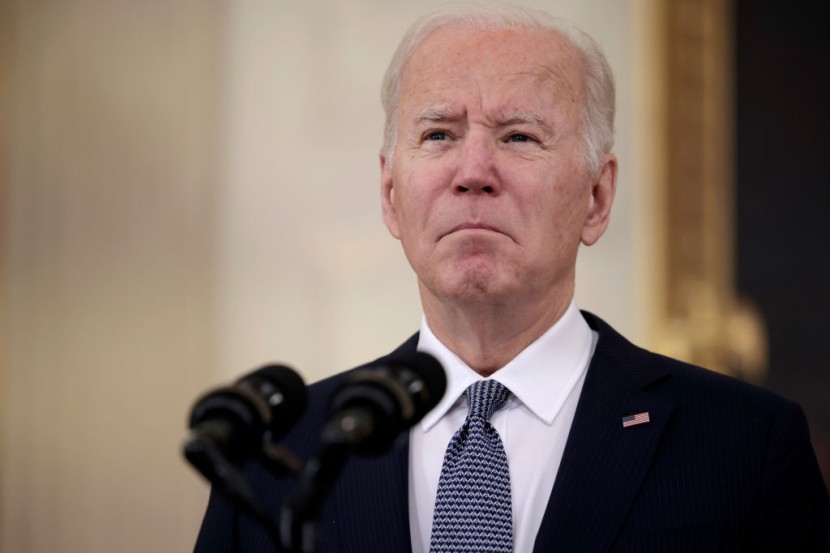
United States President Joe Biden was able to avoid a shutdown of the American federal government after signing a new short--term funding bill to keep funds going through Feb. 18, but what will Congress do next?
There are less than three weeks left for Congress to resolve differences that have forced both Democrats and Republicans to struggle the past year. The list of concerns that lawmakers need to address now includes the nation's borrowing authority and an annual defense authorization package. They must also look into various major political priorities for Democrats.
American Government Shutdown?
In a statement, Senate Majority Leader Chuck Schumer pledged to vote before the Christmas holidays regarding Biden's nearly $2 trillion Build Back Better legislation. Earlier this week, Schumer said, while on the Senate floor, that nobody expected the legislation as massive as the Build Back Better to be easily passed.
The Senate majority leader said lawmakers were tasked with negotiating on the bill for several months but needed to step back and recognize that they were, hopefully, less than a month from putting into motion Biden's largest investment in the American people in the history of the U.S., NPR reported.
United States Treasury Secretary Janet Yellen expects that the American nation will hit its debt ceiling on Dec. 15 if authorities do not opt to raise or suspend the limit. However, Republican lawmakers have continued to make life harder for Democrats by saying that they will not be voting to raise the U.S. borrowing limit.
On the other hand, Senate Minority Leader Mitch McConnell has suggested that he may not necessarily stop Democrats from doing so on their own. GOP members have argued that the opposition party has the responsibility of raising the debt ceiling by themselves as Democrats struggle to pass their sprawling spending bill without Republican help.
Going Into Default
Previously, Yellen noted that Congress needed to increase the debt limit despite whatever other legislation Democrats passed this year. Even if lawmakers raise or suspend the debt ceiling, it does not necessarily authorize new spending, CNBC reported.
Democrats are juggling several issues, first, they are attempting to prevent the government from going into default, second, they plan to push President Biden's domestic priority through the Senate. Furthermore, Schumer wants to pass the Democratic leader's massive Build Back Better Act. The legislation would invest in child care, household tax credits, Medicare, Medicaid, and green energy.
The Senate majority leader is only waiting for news from the Senate parliamentarian about whether or not the plan complies with the budget process which will allow the Democratic party to pass it on their own without Republican votes.
In a statement, House Appropriations Committee Chairman Rosa DeLauro said that the new stopgap measure includes "virtually no changes to existing funding or policy." However, it allows the appropriations process to continue and get closer to a final spending bill. Additionally, the top Republican on the Senate Appropriations Committee, Sen. Richard Shelby of Alabama, said he was pleased with how lawmakers agreed on the negotiations, CBS News reported.
Related Article:
Michigan Man Who Participated Jan. 6 Capitol Riot Arrested, Faces Multiple Charges








